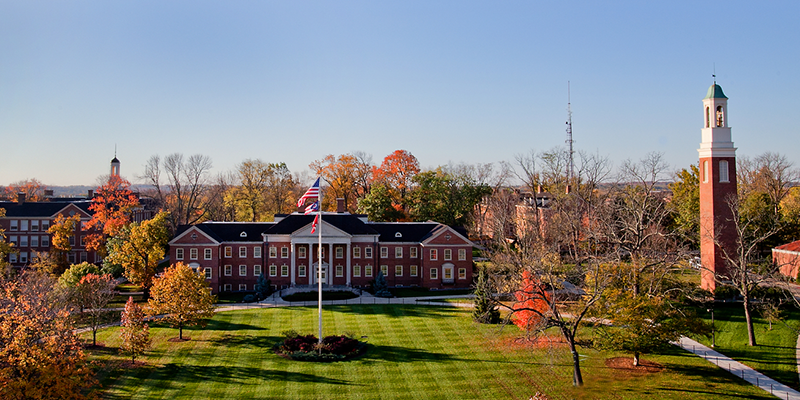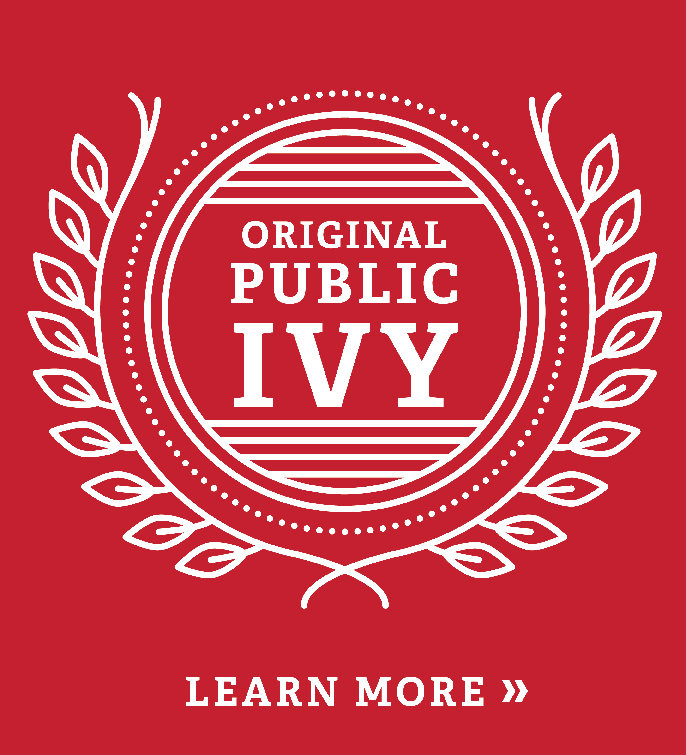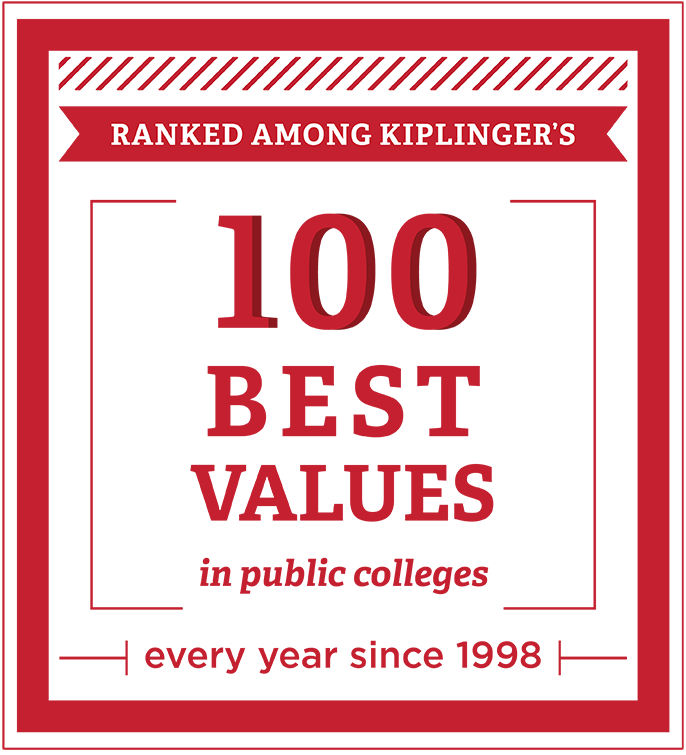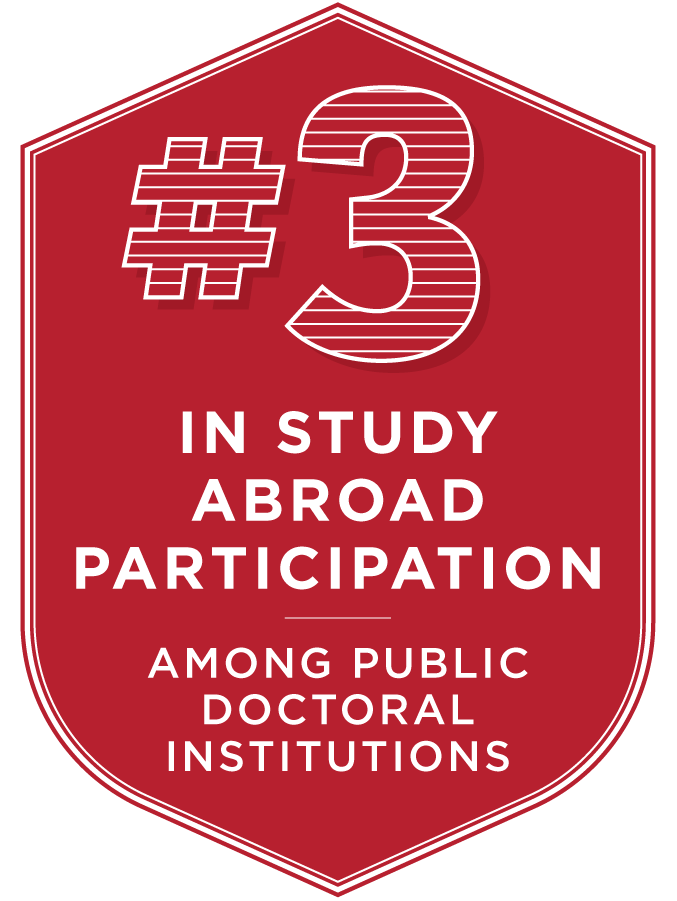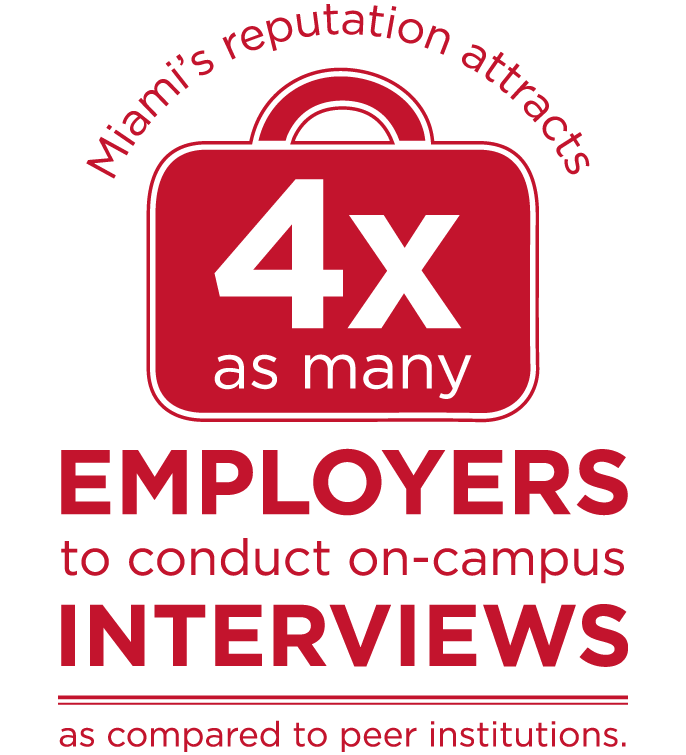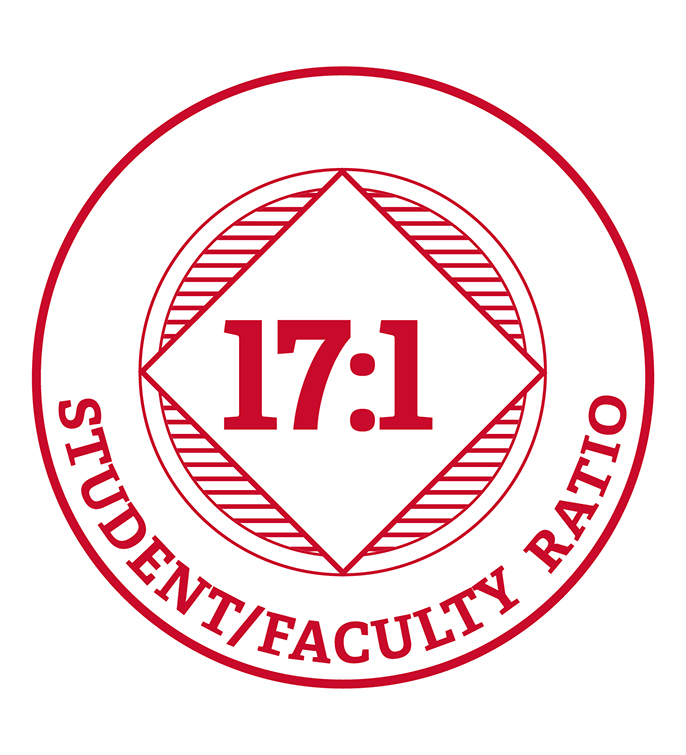Annual Address 2010
David C. Hodge
October 7, 2010
Two other high impact activities are internships and service learning. Both of these forms of experiential learning provide growth for the student, as well as a contribution to others. These experiences bridge the world of academics with the world of practice, deepening our students understanding of the nature of issues facing society, business, government, non-profits, and education, to name only a few. We must not only increase the number of such opportunities, we must also increase their effectiveness.
Finally, one of the most important forms of “high impact” activity is leadership. As I noted earlier, potential employers stress this capability when describing what they find attractive about Miami students. Some of our leadership experiences come through course work, but much of it comes through the experiences our students have with the more than 400 student-led organizations on campus. We are working to coordinate and grow the various leadership opportunities available to students so that we can better prepare our students, as well as branding Miami as a university where student leadership experience is a core strength. As with other arguments I have made throughout these remarks, it is vital that we have more focus and act with more deliberate intention to accomplish our goals. The synergies among the programs, and the range of complementary activities should easily create a “whole that is greater than the sum of the parts” for our leadership efforts.
Improving Retention and Graduation
The continued development of Engaged Learning is critical to the ultimate success of our students, and it should contribute significantly to the retention and graduation of our students. However, that is not enough to move the dial as far as we aspire to do. Increasing retention requires more intentional action. We need to enhance our processes, our core philosophy, and the personalization of the Miami Experience in order to achieve our ambitious goals.
Success in improving retention and graduation rates requires determination and a particular attitude toward student accountability. Miami prides itself in the high standards we set for academic and personal achievement. We nurture a culture of high expectations among our students—a culture in which peer pressure and peer-to-peer learning adds to the motivation of our students. Miami students have a strong sense of competition, yet temper that sense of competition with a highly collaborative and mutually-supportive environment. The challenge for us is to maintain our high standards while adopting a mindset in which we see our role as assisting, as well as challenging, our students.
This mindset starts with helping our students make good choices–that is the purpose of advising and mentoring. From a nuts and bolts perspective, we need to make sure that students receive consistent, frequent, and high-quality advising. As students move through their years at Miami, we need to make sure that the handoff of advising from university to division to department is seamless and accurate so that students make good choices and do not fumble their requirements. This is also true for students who are taking courses on more than one of our campuses. We need to continue to improve our ability to coordinate advising among the campuses and to provide better assistance in the re-location of students from the regional campuses to Oxford. Although we have made significant improvements in advising on the Oxford campus—and we most certainly have advisors who care deeply about our students—student surveys suggest that we are not yet at the highest level of our peers. The payoffs for improving advising are huge, both in terms of what happens inside classrooms and what happens to individuals.
Mentoring is a function that reflects on the very best of the Miami Experience, the close relationship between faculty or staff and students. When students develop a good mentoring relationship with a faculty or staff member, their connections to the university deepen, their horizons expand, and their sense of purpose, motivation, and commitment grows. Unfortunately, too many students do not develop a mentoring relationship, or develop one only very late in their time at Miami. Somehow in this crazy era of ubiquitous shallow social networking, we need to find ways to create meaningful mentoring relationships sooner and for more of our students. It is a worthy goal that will deepen the very best of what Miami is all about, but it will only happen with determination and more intention.

